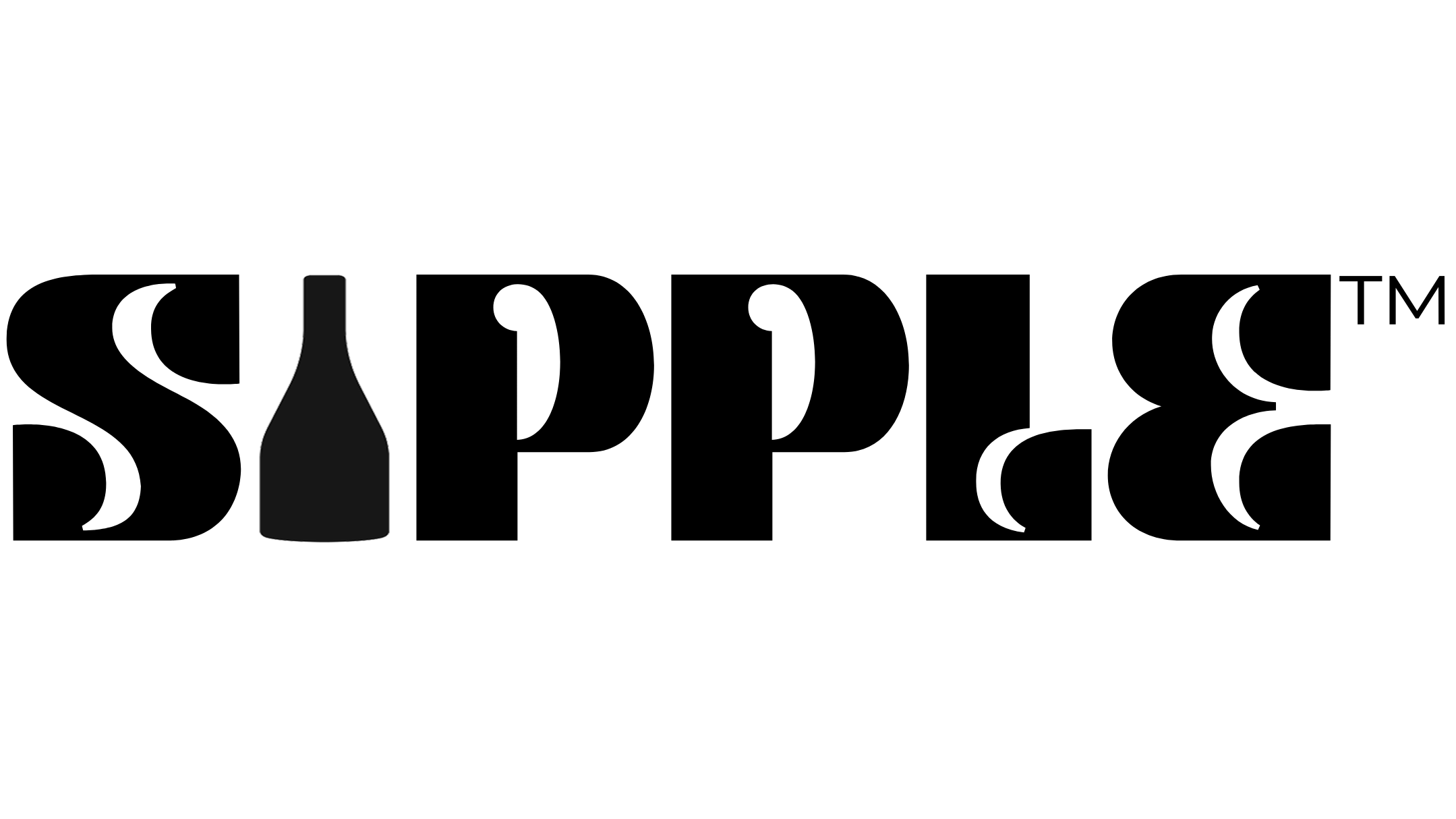As we launch Colorado’s – and one of the nation’s – first exclusively sober bars, we wanted to make sure we had a keen understanding of the wide range of increasingly prevalent, often ambiguous terminology that applies to this sober conscious space and the global movement we are a part of.
I, for one, found myself often confused by these terms and figure others may face the same challenge. The different ways they are used may be slight, but those differences can have important ramifications depending on where one falls on the spectrum from sober curious to completely alcohol-free.
This list is not intended to be comprehensive, nor do I want to imply there is universal agreement on the definitions presented here. They are based on my current understanding of the law, regulation and cultural consensus in the U.S. (which may and often do differ from those in other countries). I would love to hear your ideas for revisions or additions via our contact page (please include links/citations where possible) and we’ll wiki this puppy into the best possible shape.
I hope this serves as a valuable resource for your whether you’re a fellow entrepreneur in the space or a consumer just trying to figure what’s what as your options continue to grow.
Together,
Billy
Regulated Terms
Alcohol-Free: Per the U.S. Food and Drug Administration (FDA), a product can be described as alcohol-free “only when the product has no detectable alcohol.” Many products that qualify for this designation describe themselves as “0” or “0.0” to distinguish their alcohol by volume (ABV) percentage from “nonalcoholic” (see below) products that have a detectable level of alcohol.
Alcohol-Removed: This refers to products that have undergone fermentation or another process that generates alcohol and then removes that alcohol so that the final ABV of the product is below 0.5 percent. The FDA specifically regulates this definition as it applies to wine.
Nonalcoholic (NA): Most commonly used to describe beer, nonalcoholic refers to beverages with less than 0.5 percent ABV. This is distinct from the term “alcohol free,” which – as noted above – applies to products with no detectable alcohol. The basis for the definition of nonalcoholic in the U.S. stems most clearly from Alcohol Tobacco Tax and Trade Bureau regulations. The FDA has also adopted this standard, noting that beverages such as soft drinks, fruit juices, etc., which are traditionally perceived by consumers to be alcohol-free, often contain detectible traces of alcohol. Other common household groceries like bananas and some bread rolls also contain some alcohol.
Colloquial Terms
Booze Free: This can describe a beverage, a lifestyle, or just a posture taken during a night out. For most, it indicates drinks with less than 0.5 percent ABV or the intent to only consumer such products.
Mindful Drinking: Mindful Drinking, according to Healthline, equates to “looking for a healthier relationship with alcohol” while not necessarily intending to give it up entirely. Consistent with broader mindfulness practices, the approach includes cultivating a deeper awareness and closer attention to the alcohol consumption-related choices one is making.
Mocktail: This term is fairly well-settled but, for the record, Dictionary.com defines it as “a nonalcoholic cocktail.” We extrapolate on this a bit to point out that, as with other nonalcoholic beverages, mocktails may contain trace amounts of alcohol (for example, a dash of bitters) while remaining under 0.5 percent ABV.
"No and Low": This is an increasingly popular term (see, e.g., here and here) that aims to capture the full spectrum of beverages in this space, both those that are alcohol-free (“no”) and those that are nonalcoholic (“low”).
Sober Bar: In contrast to the (welcome) increase in bars offering some nonalcoholic alternatives on their menu, sober bars only offer nonalcoholic drinks. In contrast to juice bars, smoothie shops, etc., sober bars generally strive to achieve the aesthetic and spirit of a traditional bar, just minus the alcohol.
Sober Curious: As defined by Ruby Warrington, the author of “Sober Curious” and founder of Club Söda, being sober curious means choosing “to question, or get curious about, every impulse, invitation, and expectation tor drink, versus mindlessly going along with the dominant drinking culture.” See Mindful Drinking.
Sober Conscious: At Awake (and elsewhere), we like to add this term to the vocabulary here to speak directly to the instances when one makes the decision to be sober for the present moment, whether that happens all or just part of the time.
Unleaded/Leaded: We are pinching this one from our friends across the pond in Germany, who have started a trend of referring to nonalcoholic beverages as "bleifrei" (unleaded). We're fans of the brevity and the connotations of this approach and hope it gets more traction in the U.S.
Zero Proof: This is most often used to describe cocktails or other beverages that contain no alcohol (alcohol-free) but is also used more broadly to include nonalcoholic (<0.5 percent ABV) drinks. It is increasingly popular to refer to “zero proof cocktails” in lieu of the less sophisticated-sounding “mocktail.”
Co-founder with his wife, Billy Wynne, opened up Denver's first alcohol-free bar. With backgrounds in health consulting and integrative medicine, Billy + Christy opened Awake Denver to share their love of living life with more presence and gratitude for the here and now and to support the sober conscious movement.

